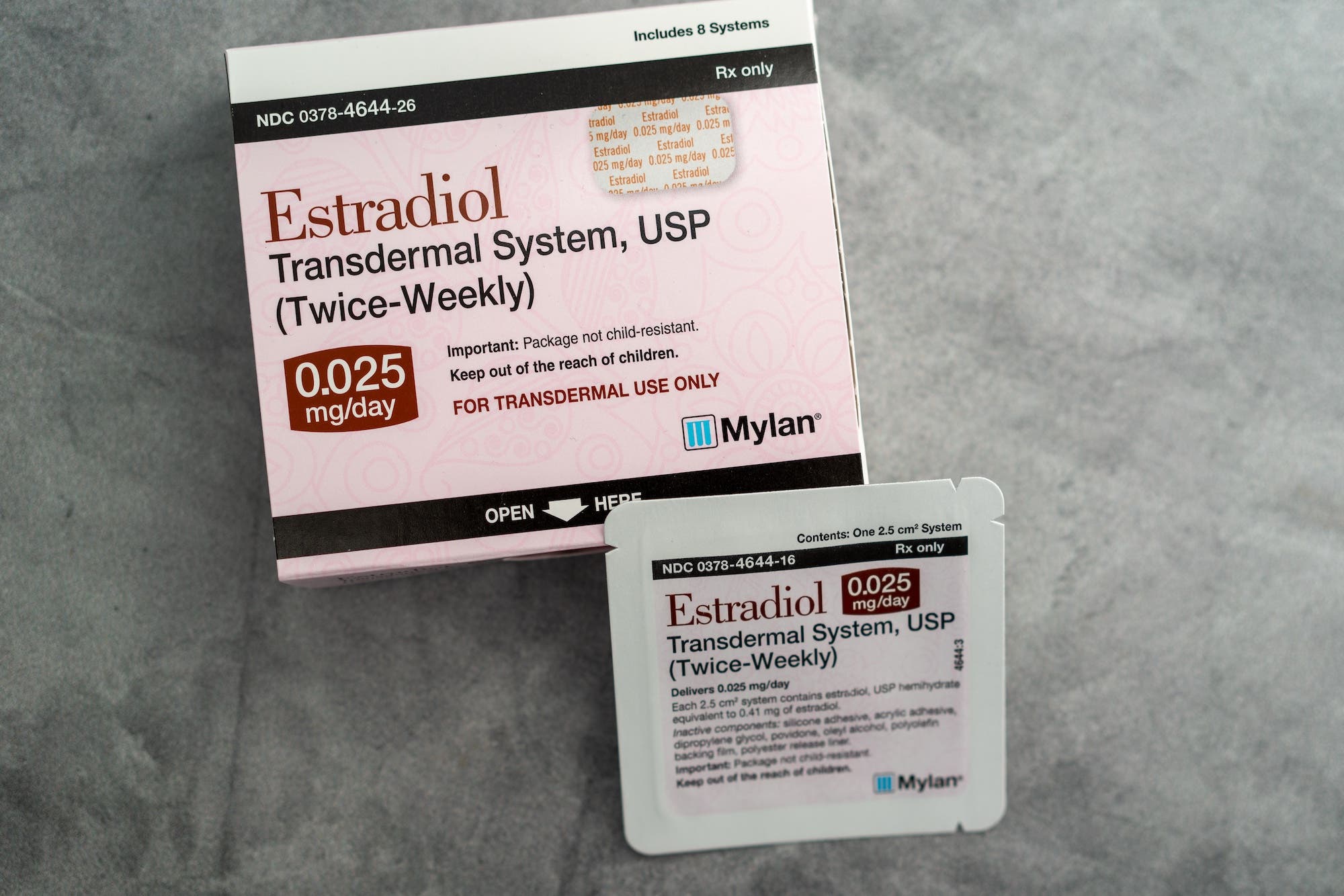Learn more in our Guide to Male Fertility Supplements.
According to the National Institutes of Health (NIH), most adult Americans take one or more dietary supplements every day or at least on occasion. They come in all varieties, from amino acids to enzymes to herbs, packaged in pill, powder, capsule, drink, and energy bar forms. And while supplements aren’t intended to replace the actual elements of a healthy diet such as fruits and vegetables, they can counterbalance deficiencies, helping people to live healthier and happier lives.
That’s encouraging news, since men all over the world are facing more fertility issues than ever before – not just on a generational basis but also each year as they age. And the implications go far beyond whether having children at a later age poses more of a challenge to older parents.
In fact, as they age, males run increasingly greater risks of passing along genetic mutations to their children. Other factors impacted by age include sperm concentration, sperm motility (swimming ability), pregnancy rates, and DNA fragmentation.
But what if you could change that by taking specific vitamins and minerals, in an easy-to-drink organic juice format, to mitigate and address threats to fertility? No product exists today, but in collaboration with the Harvard Innovation Lab, Legacy is working on a new product geared toward significantly boosting the strength of your sperm.
An in-depth literature review of the topic points to a number of promising studies, showing clear effects from certain nutritional building blocks that positively affect various aspects of sperm. These findings point the way to what an effective fertility supplement blend might look like.
For instance, for sperm count and motility, clinical studies show that taking L-carnitine helps. Zinc is known to boost sperm count by as much as 74% in men who were previously classified as sub-fertile, and coenzyme Q10 (CoQ10) increases both sperm motility and count.
Men taking specific doses of lycopene every day showed improvement in sperm parameters and pregnancy rates. And those who took ashwagandha root powder every day saw an improvement in overall sperm quality, including better sperm motility as well as increased sperm count.
Even better news: While many of these items are now widely available to consumers, you don’t have to scout out the local health food store to gain fertility benefits from a nutrient-rich diet.
Do you like Mediterranean food?
Couples who enjoy a Mediterranean-based diet — high amounts of fish, vegetable oils, vegetables, and legumes, combined with low amounts of snacks — should be heartened to learn that this nutritional plan was shown to increase the chances of fertility in hitherto infertile couples by 40%.
For those concerned about Sperm DNA fragmentation — and attendant birth defects — fans of a Med-based diet should be further encouraged to know that men who ate a mix of almonds, hazelnuts, and walnuts demonstrated a “significant” drop in that regard.
If you’re looking to improve the chances that your sperm will be able to successfully complete the sometimes-arduous trip to fertilize a female egg, then it’s wise to listen to what you were likely told while growing up — and take those daily vitamins.
For improved sperm count, motility, and overall structure, daily doses of Vitamin C are known to work – after a period of no longer than just two months. Those needing to gain an edge in depositing sperm in female reproductive tracts benefit from healthy dosages of Vitamin D. Specific dosages of selenium increase sperm motility, too. And in terms of helping sperm bind to an egg while also reducing DNA damage, Vitamin E12 has long been known to be a reliable aid.
Of course, who wants to chase down each item individually, let alone ensure optimal dosages and blends? That way madness lies.
Given that a range of dietary supplements have proved helpful to various health conditions, and given the encouraging discoveries recently made in the area of supplements for male fertility, Legacy wants to ensure that men around the world are having healthier babies with less wait for the couples and less risk to the mother.
By relying and building upon the promising research that has already been done in this area, our product will be formulated in a manner that is intended to significantly boost sperm production, reduce DNA fragmentation, lower time to conception, cut down on the risk of miscarriages, and guard against the likelihood of genetic defects in children.
More information will be forthcoming in this space as this breakthrough effort progresses.



